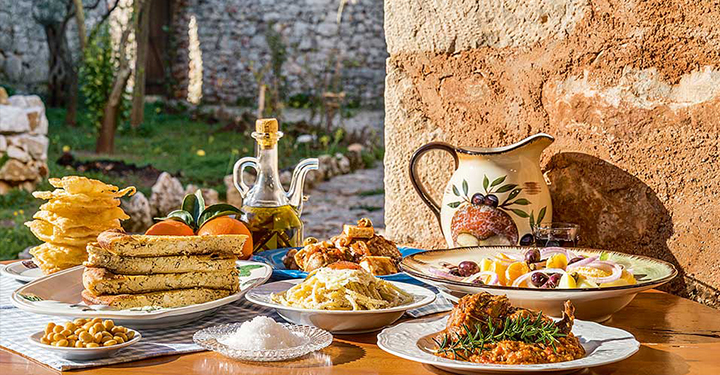

HISTORY
HISTORY
A place that combines mythology and history, Sarti has a reach past full of facts and stories like the rest of Greece.
You will discover that centuries of history are preserved everywhere you gaze. Locals are people of the sea and like the waves, through difficulties and bad occurrences, they carry a force of progress and evolution, always with a big smile on their face.
If you are interested in knowing more details about history of folklore music read below:
In the 8th century B.C., the residents of Chalcis decided to build their cities in the second peninsula of Halkidiki, in Sithonia.
This exquisite place was created by the Gods and Giants during the period of gigantomachy.
It is the land that intrigues, and passions marked the history and its mythology: from Sithon, who killed the suitors of his daughter Pallini, refusing to give her to marriage, up to Gerastos, son of Mygdona, who jailed his girls in the Parthenon.
In the eastern side of Sithonia they will build Sarti that took its name from the king Sartios.
In the end of the 5th century B.C. Sarti will be one of the 32 more important towns of Halkidiki that will set up, under the leadership of Olynthus, the “Common of Halkideon”, which will be dissolved by Spartans in 379 B.C. Soon, however, they will join the second Athenian Alliance.
Later, the Macedonian king Philippos, father of Alexander the Great, will destroy all the towns of the “Common of Halkideon” (348 B.C.).
The ancient writer Herodotus also mentions that the Persian emperor Xerxes, the son of Darius, passed from Sarti during his Persian expedition against all the Greek cities of 5th century B.C.
In the 14th century A.D., a village is again mentioned in the area under the name of “The Sartis”, that was property of the Holy Monastery of Xiropotamou of Mount Athos.
This settlement will be devastated by the raids of pirates in the 17th century.
During the Asia Minor Catastrophe and the Greek Genoside and because of the great population exchanges between Turkey and Greece (1922), the Greek inhabitants of the small island of Afisia (Avsa) in the Sea of Marmara (Turkey) were forced to leave their homes and were resettled here in Sarti.
The Greek refugees, who were turned away from the Sea of Marmara in Asia Minor, decided to find the New Afisia among the 27 new villages ofHalkidiki.
After their expulsion from the island of Afisia, the refugees were transported in Lavrion of Attica where they stayed for a while. When they reached Sarti, they were accommodated in the buildings of the monastery dependency of Xiropotamou of Mount Athos for almosttwo years.
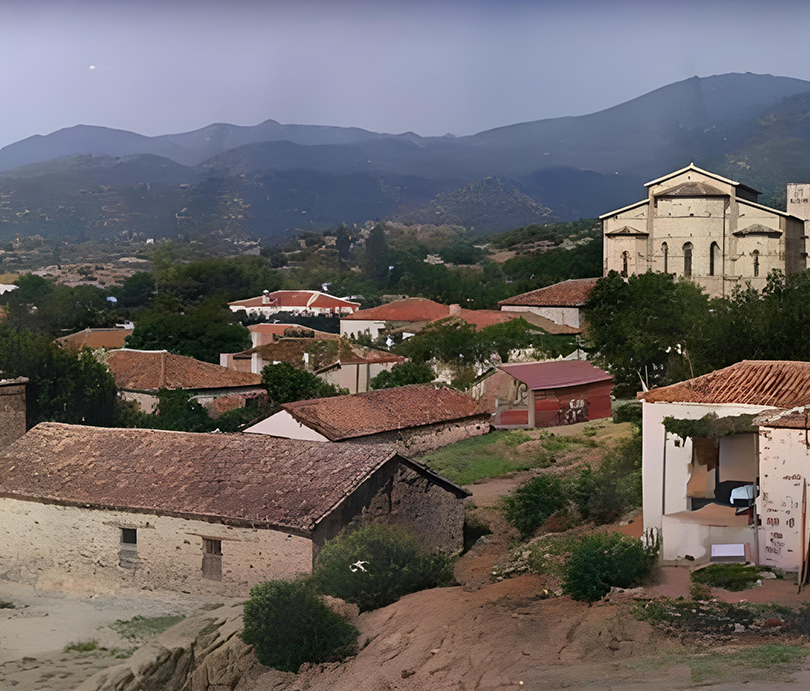
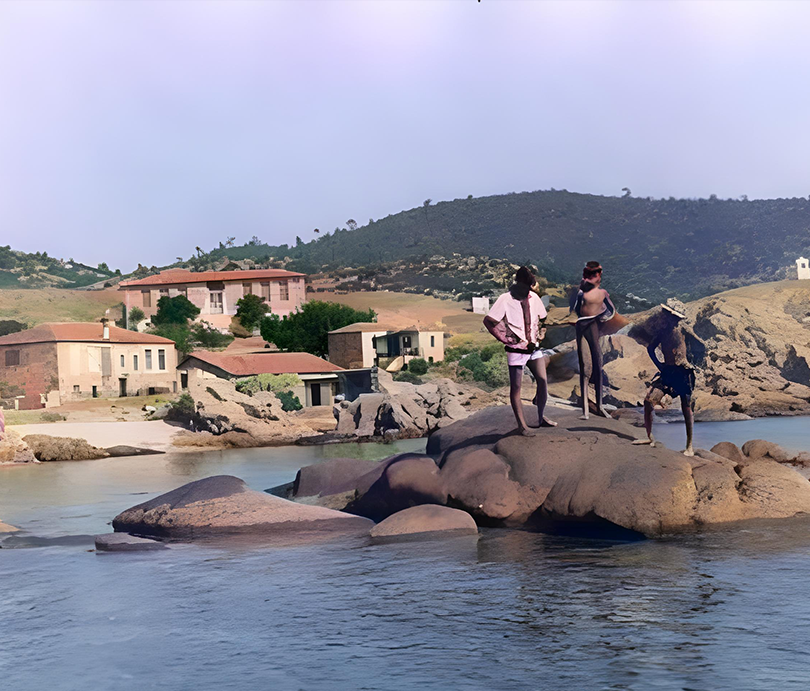
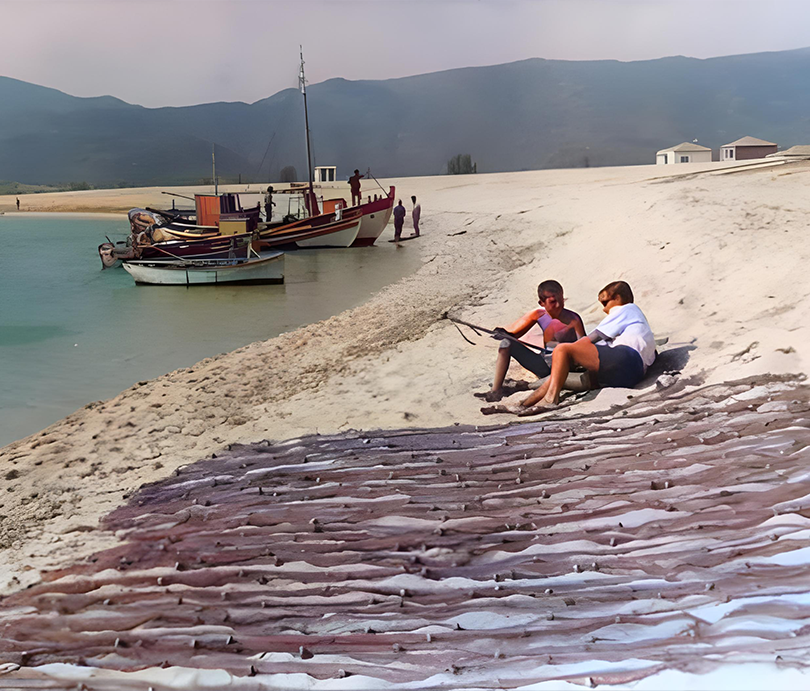
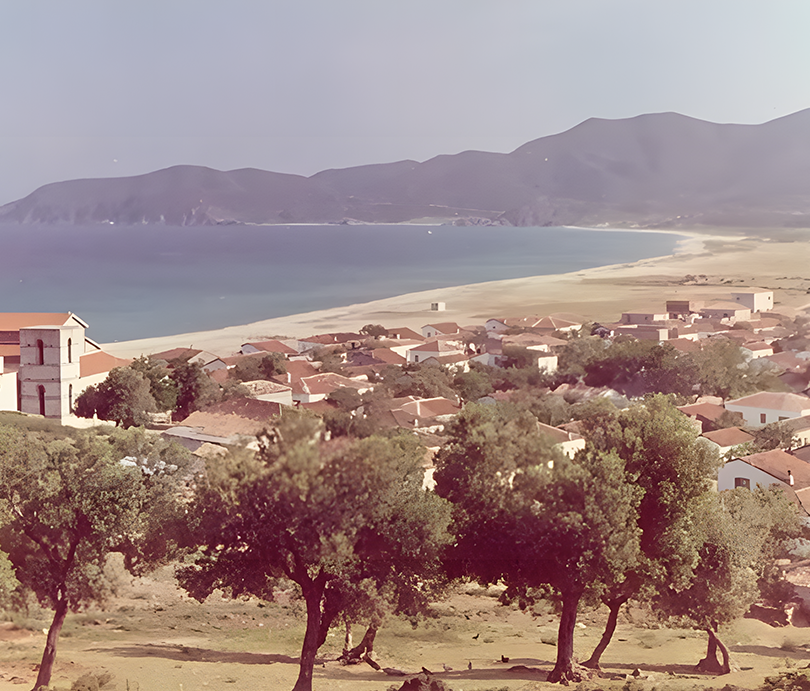
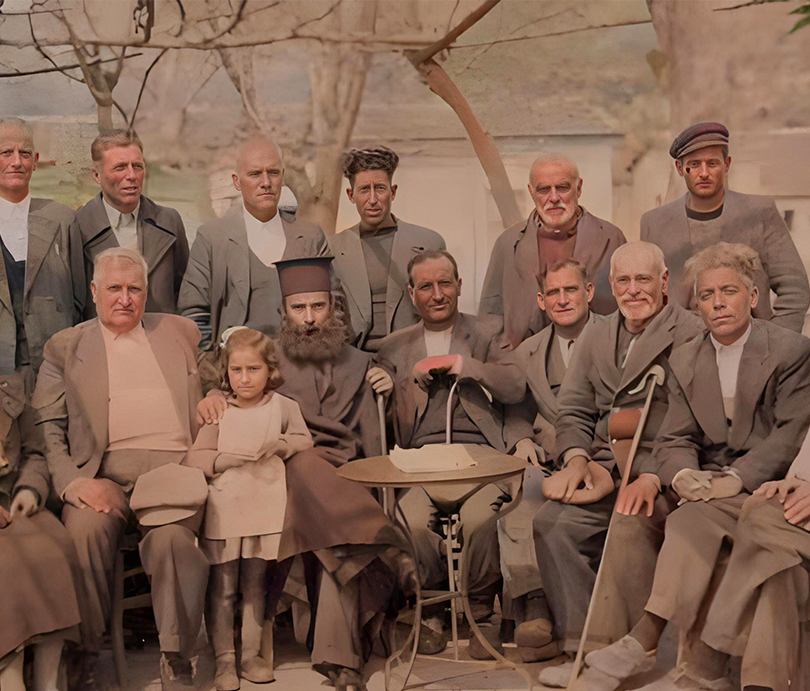
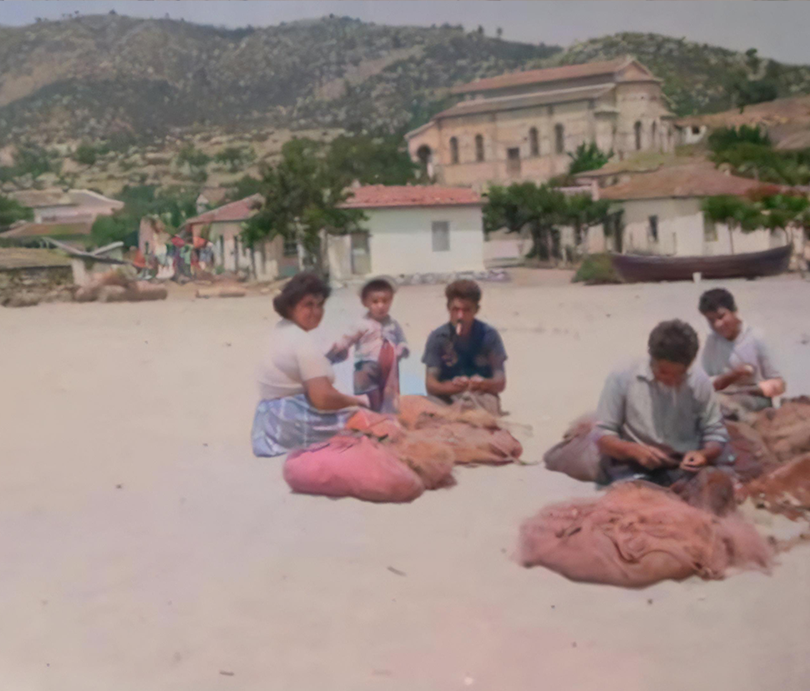
Music
By the first minutes in Sarti and in Greece in general, you will find out that Greek life is bound with music.
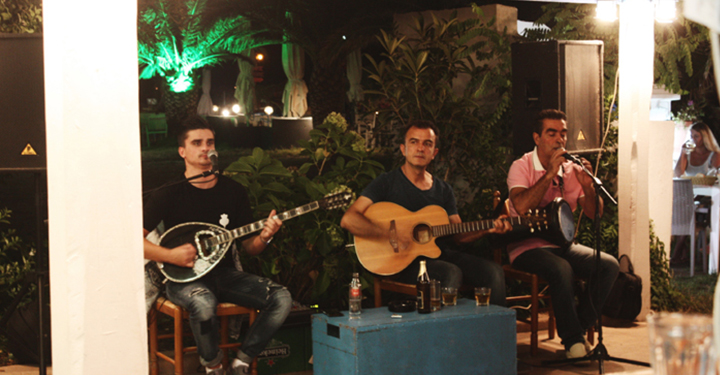


Food
Sarti is a place of heaven as far as it concerns food choices.
